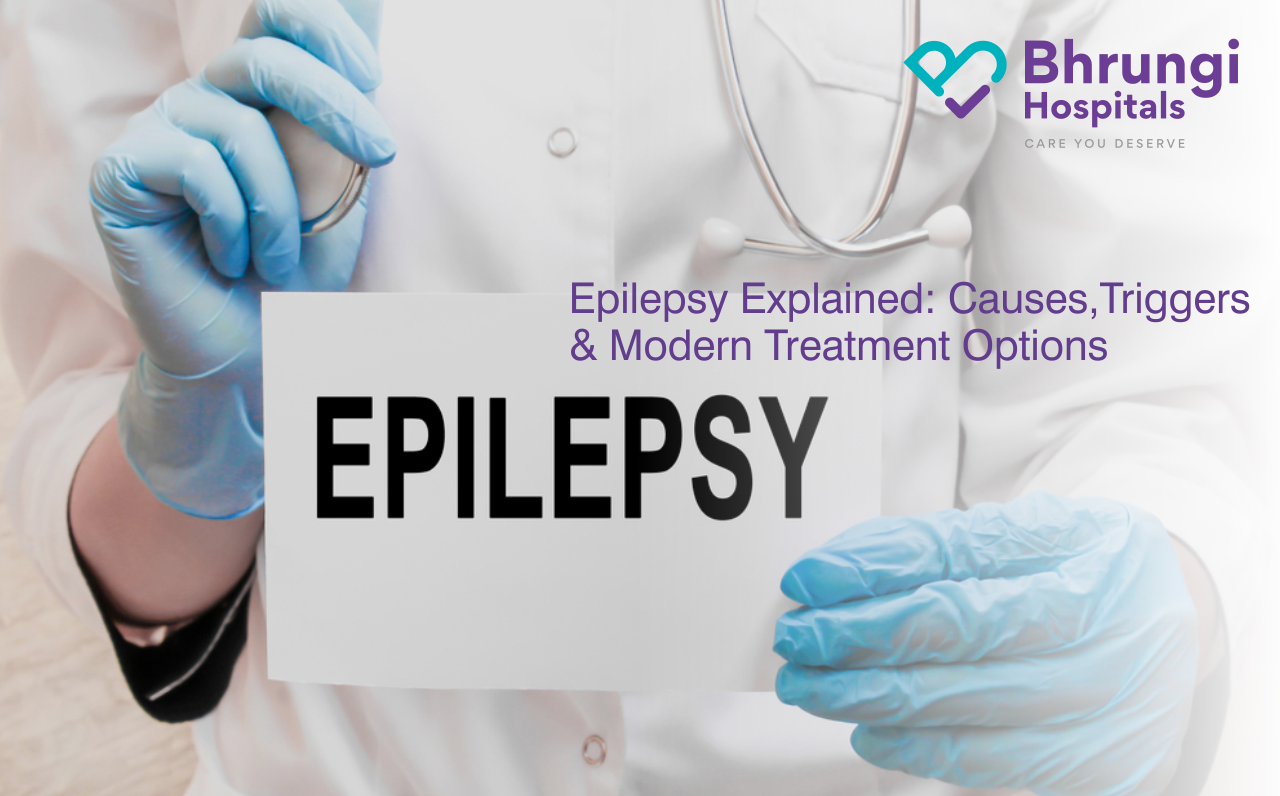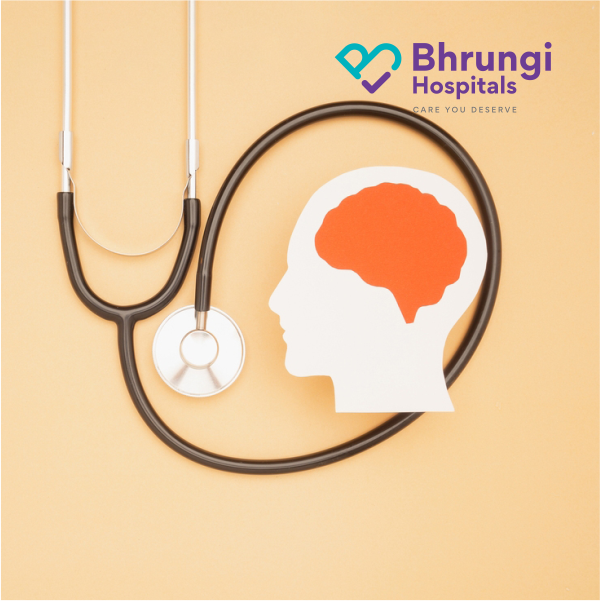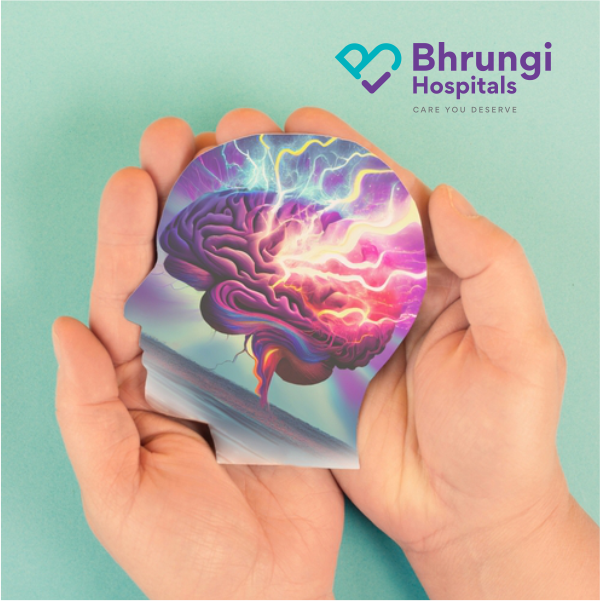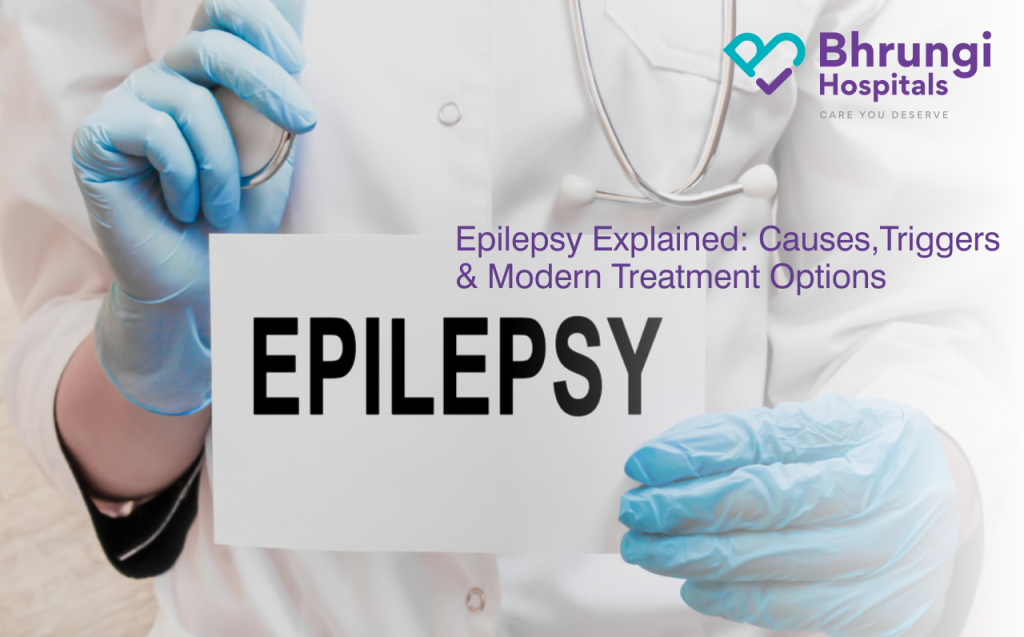Epilepsy is a chronic neurological disorder that affects millions of people globally. It is characterized by recurrent, unprovoked seizures — sudden, uncontrolled bursts of electrical activity in the brain that can alter awareness, movement, sensation, or behavior. While a diagnosis of epilepsy can be overwhelming, advancements in medical research and treatment offer significant hope for managing this condition effectively.

What Causes Epilepsy?
The causes of epilepsy are complex and varied. In nearly 50–60% of cases, the cause remains unknown (idiopathic epilepsy). However, several known factors contribute to its development. The International League Against Epilepsy (ILAE) categorizes causes into six broad groups: genetic, structural, infectious, metabolic, immune, and unknown.

- Genetic Predisposition: Some forms of epilepsy run in families, and specific gene mutations may increase seizure susceptibility. These can be inherited or occur as spontaneous
mutations (de novo). - Brain Injuries: Traumatic brain injuries (TBIs) from accidents or falls, strokes, or surgery can lead to scar tissue or disrupted electrical signaling in the brain, triggering seizures.
- Infections: Meningitis, encephalitis, neurocysticercosis, and other infections that cause inflammation or damage to brain tissue are notable risk factors.
- Structural Brain Abnormalities: Congenital malformations such as cortical dysplasia or tumors can interfere with normal brain function and contribute to epilepsy.
- Metabolic and Immune Disorders: Rare metabolic conditions (like mitochondrial or urea cycle disorders) and autoimmune disorders (such as autoimmune encephalitis) can also cause epilepsy.
- Developmental Disorders: Children with autism spectrum disorder or cerebral palsy oftenface a higher risk of developing epilepsy.
- Other Medical Conditions: Alzheimer’s disease, liver or kidney failure, and severe blood sugar imbalances can increase the risk.

Identifying Triggers: What Can Provoke Seizures?
While triggers do not cause epilepsy directly, they can provoke seizures in those who are susceptible. Recognizing and avoiding personal triggers is key to effective seizure management. Keeping a seizure diary to track potential triggers can be an invaluable tool for both patients and healthcare providers in identifying patterns and improving seizure control.
- Missed Medication: Skipping anti-epileptic drugs (AEDs) is a leading cause of breakthrough seizures.
- Sleep Deprivation: Inadequate or poor-quality sleep is one of the most common triggers.
- Stress: Both emotional and physical stress can lower the seizure threshold.
- Flashing Lights: For those with photosensitive epilepsy, flickering lights or visual patterns can
induce seizures. - Alcohol or Drug Use: Overuse or withdrawal from substances can significantly increase seizure risk.
- Hormonal Changes: In women, hormonal fluctuations around menstruation (catamenial epilepsy) may trigger seizures.
- Illness and Fever: Especially in children, high fevers or infections can act as triggers.
- Dehydration and Missed Meals: Electrolyte imbalances or low blood sugar levels may also provoke seizures.

Modern Treatment Options for Epilepsy
Though there is no definitive cure for epilepsy, modern medicine offers a wide array of effective treatments aimed at controlling seizures and improving quality of life.
- Anti-Epileptic Drugs (AEDs): These are the primary treatment for epilepsy. Most individuals achieve seizure control with one or more AEDs. Recent innovations have brought newer medications with fewer side effects and more targeted action.
- Surgery: For drug-resistant epilepsy, surgery may be recommended to remove the area of the brain where seizures originate. Minimally invasive options, like Laser Interstitial Thermal Therapy (LITT), are also available.
- Neurostimulation Devices:
o Vagus Nerve Stimulation (VNS): Sends electrical pulses to the brain through the
vagus nerve to reduce seizure frequency.
o Deep Brain Stimulation (DBS): Electrodes implanted in specific brain areas deliver
pulses to disrupt seizure activity.
o Responsive Neurostimulation (RNS): A device detects abnormal brain activity and
delivers targeted electrical stimulation to stop seizures before they occur. - Dietary Therapies: Diets such as the ketogenic diet and modified Atkins diet, high in fat and low in carbohydrates, are particularly helpful in children with drug-resistant epilepsy.
- Emerging Therapies: Innovations in gene therapy, cell-based treatments, and precision medicine are being actively explored. AI powered seizure prediction tools and wearable monitoring devices represent promising advancements in patient care.

Conclusion
Living with epilepsy presents challenges, but understanding its causes, identifying triggers, and leveraging modern treatment options can greatly improve outcomes. With the help of personalized care and emerging research, many individuals with epilepsy can achieve seizure control and lead full, active lives. The future of epilepsy management looks increasingly optimistic as science continues to unlock new, tailored approaches to care.
Bhrungi Hospital- Providing you Comprehensive and Coordinated Care That You Deserve
With a focus on holistic recovery, Bhrungi Hospital stands as a leader in high-quality emergency and critical care services in a patient centered setting. Our integrated approach combines expertise, advanced technology, and compassionate care, focusing on safety and transparency while remaining affordable and accessible to all patients in need.
- ACLS Ambulance with free service within 10KMs radius
- Ventilator Ambulance service available
- Call +91 7845 108 108 anytime, any day
- 100+Beds Multispecialty Hospital
- 24×7 Emergency Care






